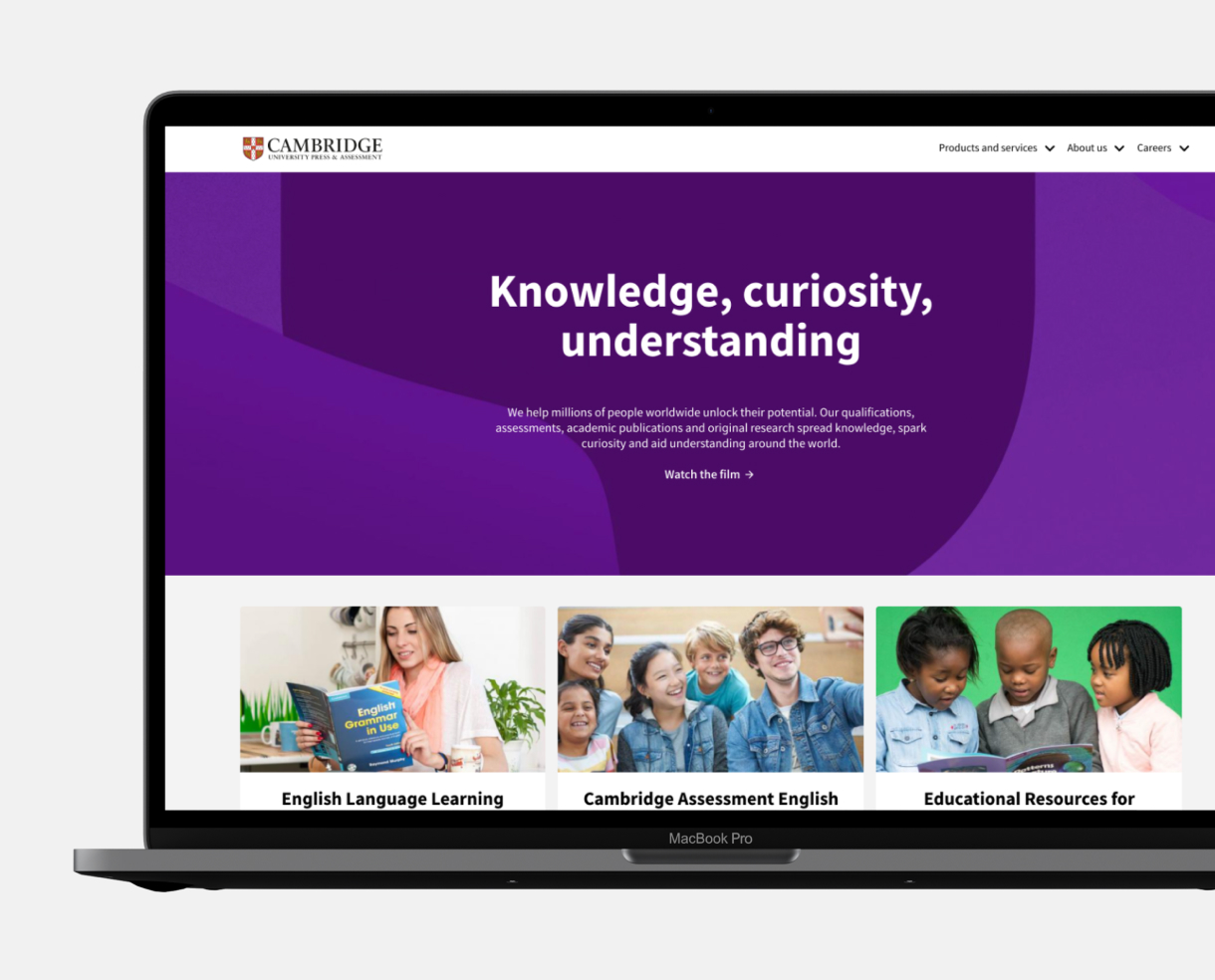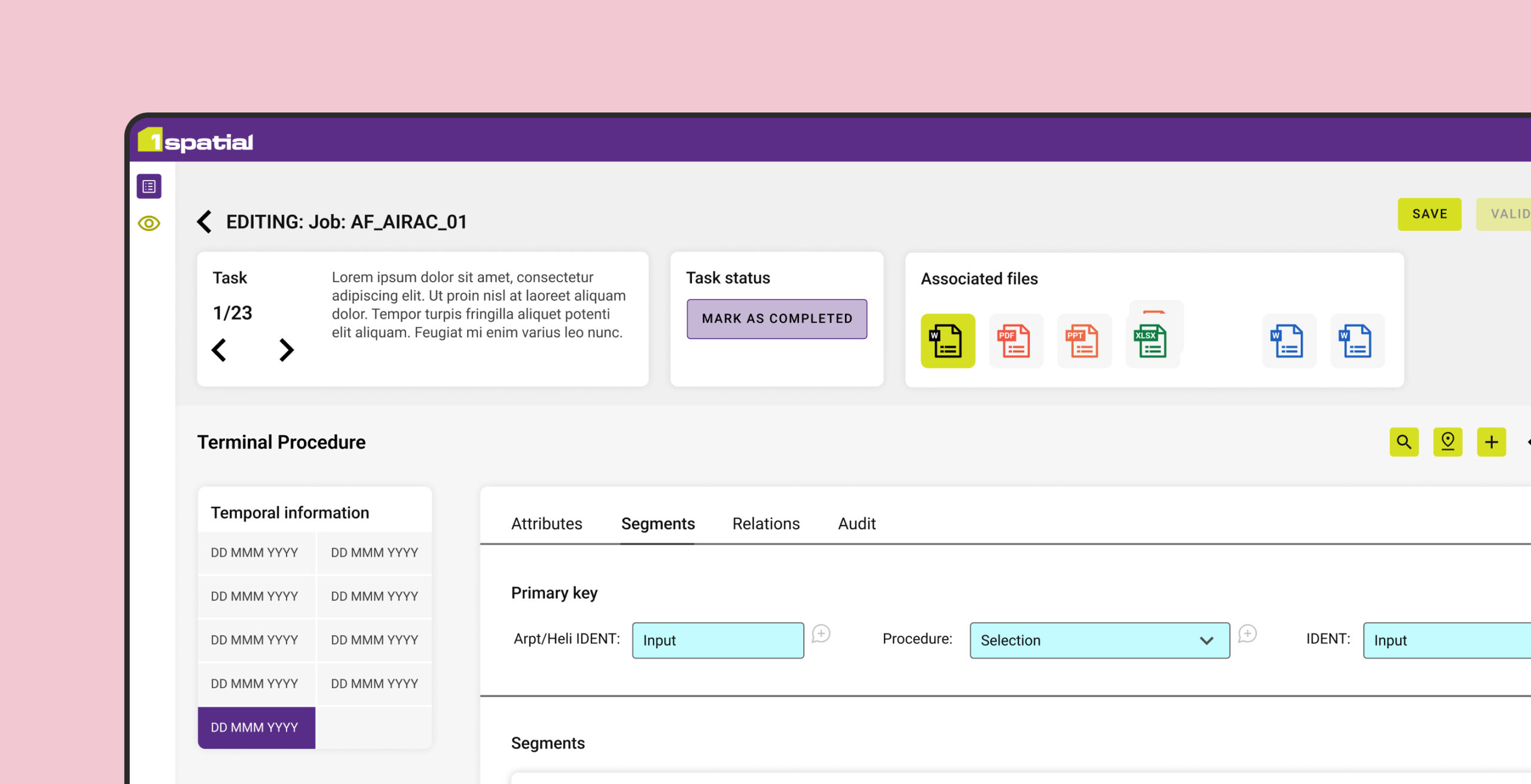User stories and flows
User stories and flows are a vital tool in agile development, representing an end goal.
User stories place user needs and goals at the heart of the development process and enable teams to iterate and improve features based on user goals, needs and preferences. User flows are then used to map the steps a user will take across screens in your digital interface. Both of these activities are key parts of the UX design process.
Introduction to user flows and stories
User stories describe specific user interactions with a product. They guide development and design decisions as they outline user goals, actions and expected outcomes. User stories can then be used to support the definition of user flows. Using the interactions described in the user stories, user flows are documented for each key expected journey in the user interface. This outlines the flow of how the user will step through the interface to complete the related action.
What are user flows, and why are they important?
A user flow visually represents the steps a user takes to complete a task within a digital interface. This maps the journey from initiation to end goal, showing decision points and possible pathways. The user flow documents each screen the user will see and possible action.
User flows are important for several reasons:
- Identify points of friction: by documenting the steps a user takes, we can pinpoint possible pain points they may encounter. It is then possible to refine the journey and streamline the user experience where needed.
- Improve user engagement: documenting and reviewing how the user would step through the digital interface can help to create a seamless and intuitive user experience, keeping users engaged and able to easily complete the desired actions.
- Identify conversion opportunities: mapping user flows can also help to identify the key areas for conversion and support discussion on how to best target users at these points in their journey.
The role of user stories in UX
User stories are intended to communicate requirements and features to development teams and are typically written in a simple format: “As a [type of user], I want to [do something] so that I can [achieve a goal].” User stories are important because they ensure all potential features align with user needs and goals. User stories serve to ensure that digital products are designed with the user’s intention in mind, resulting in more effective and user-friendly outcomes.
Benefits of effective user stories and flows
User stories and flows are essential to ensure the end design is considered. When done successfully they ensure that the end design is aligned with the target audience’s needs and the user journeys to complete said actions are intuitive and user friendly.
- Prioritising features: User stories can help democratise decisions on product features and prioritise based on user requirements. This is also supported by using user flows to identify features which are essential to complete desired actions.
- Foster a shared understanding among stakeholders, designers and developers: Creating user stories and flows helps to make the design and development process more efficient as decisions on screens and features are discussed and aligned across the time before time is invested in design and development.
- Enable teams to develop and improve features with a user-centric approach: by creating or refining designs based on user stories and flows it ensures that decisions are made based on user requirements.
Supporting your users needs
Enables the creation of clear requirements
Facilitates user-centred design
Minimises risk
Creating user stories and flows at Make it Clear
We create user stories based on real insights from your existing or prospective users, this can be done utilising existing research, or research conducted as part of this project. The user stories will consist of a user type, user intent, and an understanding of how their desired actions will fit into the ‘bigger picture’. User flows will then be documented based on prioritised stories and key journeys.
Stage 1: Gather research
This typically takes the form of user interviews and personas are created or utilised. This insight is used to write the stories per user type. User stories translate research findings into the actions users want or need to complete using the digital interface.
Stage 2: Write stories and workshop
An initial set of stories is then created and sorted into functional areas. The initial stories and functional areas are then presented in a workshop with the stakeholder team. This is used to review the user stories identified, add additional user stories and prioritise. It is also a useful opportunity to ensure alignment with business objectives.
Stage 3: Define user flows
Based on discussions with stakeholders and prioritised user stories, key journeys will be identified. These will then be mapped as user flows, documenting the pathways users will use to complete these key journeys. These will then be reviewed and discussed with stakeholders.
Stage 4: Refine and finalise
Both the user stories and flows will be documented in a clear usable format which includes overview information information to introduce use stories and flows and their purpose to ensure effective use. This finalised document can then be circulated with the wider product team for shared understanding.
Best Practices in developing stories and flows
- Utilise user research: where possible user stories and flows should be based on real insight from users to help ensure the interface resonates
- Avoid describing features: User stories should be based on the user and their wants and needs and should avoid technical descriptions of features
- Ensure user flows are specific enough: User flows should specify step-by-step the screen a user interacts with and possible pathways from this screen. The user flow does not need to go into detail in describing what content is on the screen.
Why choose Make it Clear for user stories, flows and UX design
At Make it Clear, we take an evidence-based approach to everything we do. Understanding your organisation, audiences, and the context in which they interact is paramount to the way we work and deliver a best-in-class user experience.
Why not consider supporting your UX and UI requirements with a design retainer?
A design retainer is a contractual agreement between Make it Clear and your company, ensuring access to our design services over a designated period. This arrangement offers a streamlined and cost-effective solution tailored to consistently meet your needs. Discover more about our design retainer services on our dedicated page.



